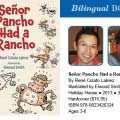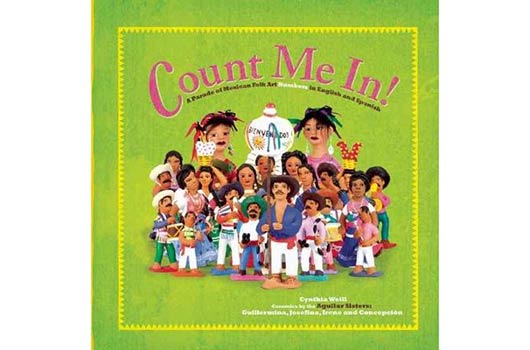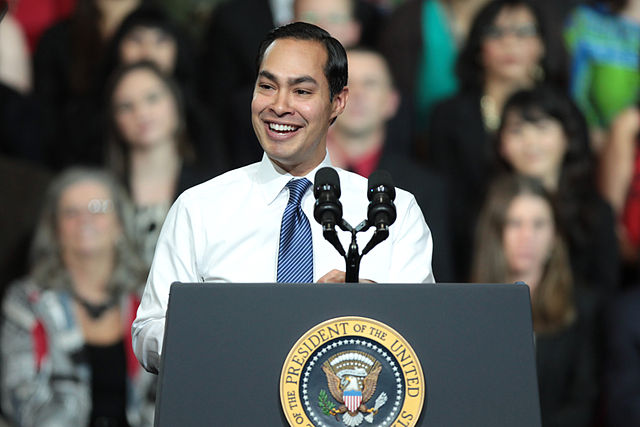
A high stage of expertise is a goal we must all strive for and never quit trying to achieve. Otherwise, we risk becoming self-satisfied and complacent. Language is a life-long affair and the sooner we accept this fact, the better we will fare in the long road to its mastery and in life in general, in communicating with others, in expressing our ideas, in reading directions, textbooks, reports: in obtaining information of any kind. And this applies to all languages, from Bambara to Urdu, from French to Italian and from Spanish to English.
Bilingualism is an ideal. Bilingualism—the true mastery of two languages at the same level—is a goal to aim for and which, believe it or not, some people achieve. Bilinguals feel at home and at ease in two languages and are able to read, write, understand and speak both without problems and at all levels: be it history, customs, jokes, politics… and they slip from culture to culture without batting an eye. But, I repeat, this is an ideal. And we all have that language finish line to run to with all our efforts and might, and true language runners never quit.
Read Related: The Reality of Being Bilingual & Bicultural
This ideal is not always a question of effort and study: some have been born into two languages and cultures. Some people have attended different schools in different countries. Some live in bilingual countries and have two cultures. Some have had parents who insisted on their children learning foreign languages. But these are the chosen few.
The large majority of those who seek to speak a second language do not need that level of perfection. They have a mother tongue, and a second language they can read, write and speak fairly well in order to communicate without the aid of translators or interpreters. They are aware of their limitations but strive for improvement at all times. An hour and a half a week with a teacher will help you achieve this level of proficiency and a decent phonetic accuracy to the point that the native speaker you are talking to will not have to say “what?” all the time.
There are still others who are interested in the foreign language and culture but do not have the need to immerse themselves into a life-long language-learning process. Basic grammar and vocabulary will suffice to communicate with native speakers of the foreign language and let them know you are making an effort to approach and understand their culture. In traveling to other countries this effort is appreciated, especially because, even though English is an international language, you will meet many people whose knowledge of it is less than basic. To achieve this level is not difficult and it is highly rewarding and will help you keep your brain on the alert.
Basic French, for instance, is knowing how to count, the days of the week, months of the year, basic verb structure, nouns and adjectives, simple but helpful vocabulary, greetings, polite expressions, how to ask and tell the time… and with that and $4,000, you can go to Paris and have a blast.
Whatever level of language proficiency you need, always strive for more. In language matters, “I want more” should be your motto—in as many languages as possible.
[Mamiverse’s Bilingual Plus is an online channel devoted to bringing parents and educators the bilingual learning tools they need in the form of digital picture books, sing-alongs, and free curriculum-based family activities.]












